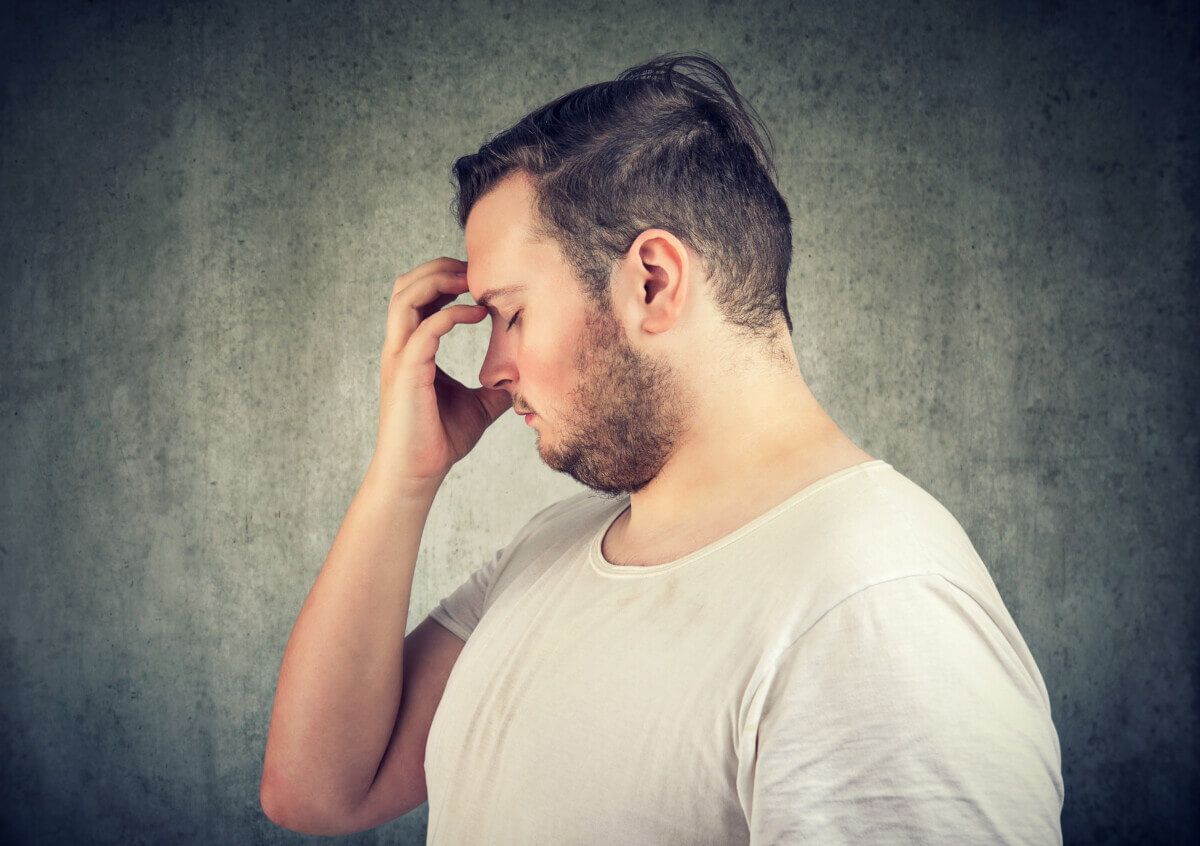
pexels.com
GEELONG, Australia Feeling down? Running every day and eating well can be the best way for your mind. Researchers have found that eating a healthy diet and exercising regularly can be just as effective as traditional psychotherapy in treating depression. This finding may help people who have difficulty seeking mental health help or who cannot access regular treatment sessions.
The study, conducted by researchers at Deakin University in Australia, compared the effectiveness of two different methods of treating depression: lifestyle therapy focused on nutrition and physical activity, and traditional therapy. cognitive behavioral therapy (CBT), a type of talk therapy. Surprisingly, they found that both methods were equally effective in reducing depression symptoms over an 8-week period.
This research comes at an important time. Since the start of the COVID-19 pandemic, the rate of depression has increased worldwide, with an estimated 50 million new cases worldwide. Traditional mental health services have been reduced, leaving many without access to the care they need. The possibility of a new, effective treatment option could be revolutionary in solving this growing problem.
Study, published in The Lancet Regional Health included 182 adults with depressive symptoms. Half of the participants were assigned to a health treatment group, where they received guidance on improving their diet and increasing physical activity. The other half participated in regular CBT sessions. Both groups attended six 90-minute sessions over eight weeks, which were conducted via online video conferencing.


What makes this study so interesting is the focus on lifestyle as the primary treatment for depression, not just a supplement. Although the relationship between physical health and mental health has long been recognized, this is one of the first studies to directly compare lifestyle and psychological therapies. established.
Lifestyle therapy sessions were led by dieticians and physical therapists, who helped participants set personal goals for positive lifestyle changes. These may include adding more fruits and vegetables to their diet, reducing their intake of processed foods, or establishing a regular exercise routine. Importantly, the focus was not on weight loss, but on improving overall health.
On the other hand, CBT sessions, led by psychologists, focus on helping participants identify and change negative thought patterns and behaviors associated with depression. This is a well-established treatment that has been shown to work for many people with depression.
After eight weeks, both groups showed significant improvement in their depression symptoms. On average, participants in both groups saw their scores on the standard depression scale decrease by about 40%. This suggests that for many people, making the right changes in diet and exercise routines can be just as effective as traditional treatments for managing depression.
These findings can have very serious implications for mental health. First, lifestyles are easily accessible and accessible to many people. Although finding and providing a professional can be a challenge, especially in rural or underserved areas, many people can make changes in their diet and exercise routines with little professional guidance.
In addition, this method may be particularly appealing to those who are hesitant about traditional treatment or medicine. Some people may find it easier to start with lifestyle changes rather than engaging in emotional counseling or taking antidepressants.
However, it is important to note that this does not mean that lifestyle changes should replace all forms of treatment. Depression is a complex condition, and what works best can vary greatly from person to person. For others, a combination of approaches — including medication, therapy, and lifestyle changes — may be more beneficial.
The study also highlights the potential for a holistic approach to mental health care. By addressing physical health along with mental health, we can effectively improve overall health. This is in line with a growing body of research suggesting that mental and physical health are closely linked.
Although more research is needed to confirm these findings and evaluate their long-term effects, this study opens up exciting new opportunities in the field of mental health treatment. It suggests that sometimes, the road to mental health may begin with our plates and our running shoes, rather than at the doctor’s bedside.
Summary Paper
Method
The study used a randomized, controlled design with 182 participants who had symptoms of depression. Participants were randomly assigned to either a lifestyle therapy or a cognitive behavioral therapy group. Both groups received six 90-minute sessions over 8 weeks, delivered via online video conference. The health treatment group was led by nutritionists and physical therapists, while the CBT group was led by psychologists. Depression symptoms were measured using a standardized questionnaire at the beginning and end of the 8-week period.
Results
Both groups showed significant improvement in depression symptoms over the course of 8 weeks. The physical therapy group saw an average reduction in depression of 42%, while the CBT group saw a 37% reduction. . This difference was not statistically significant, suggesting that behavioral therapy was as effective as CBT in reducing depressive symptoms. In addition, the study found that lifestyle therapy participants improved their food quality and reduced their consumption of discretionary (junk) food.
Weaknesses
The study had many limitations. The sample was middle-aged, educated women, which may limit the generalizability of the results to other populations. The study also had a high dropout rate, with approximately 30% of participants not completing the full 8 weeks. Additionally, the study only measured results at 8 weeks, so it’s not clear if the benefits will be maintained long-term. The researchers also note that the lack of a control group that did not receive treatment makes it difficult to rule out the possibility that the improvement is due to factors other than the interventions.
Discussions and Takeaways
This study provides strong evidence that lifestyle strategies that focus on diet and exercise can be as effective as traditional psychotherapy for treating depression, at least in the short term. This could have major implications for mental health care, which could provide a more accessible and affordable treatment option for more people. However, the researchers emphasize that this approach may not be right for everyone, and that combination therapy may be more effective for some people. They call for larger, cross-sectional studies to confirm these findings and examine their long-term effectiveness.
Finances and Offers
The study was funded by the Australian Medical Research Future Fund. The authors declared no conflicts of interest directly related to this study.
#Eating #exercising #treat #depression #therapy